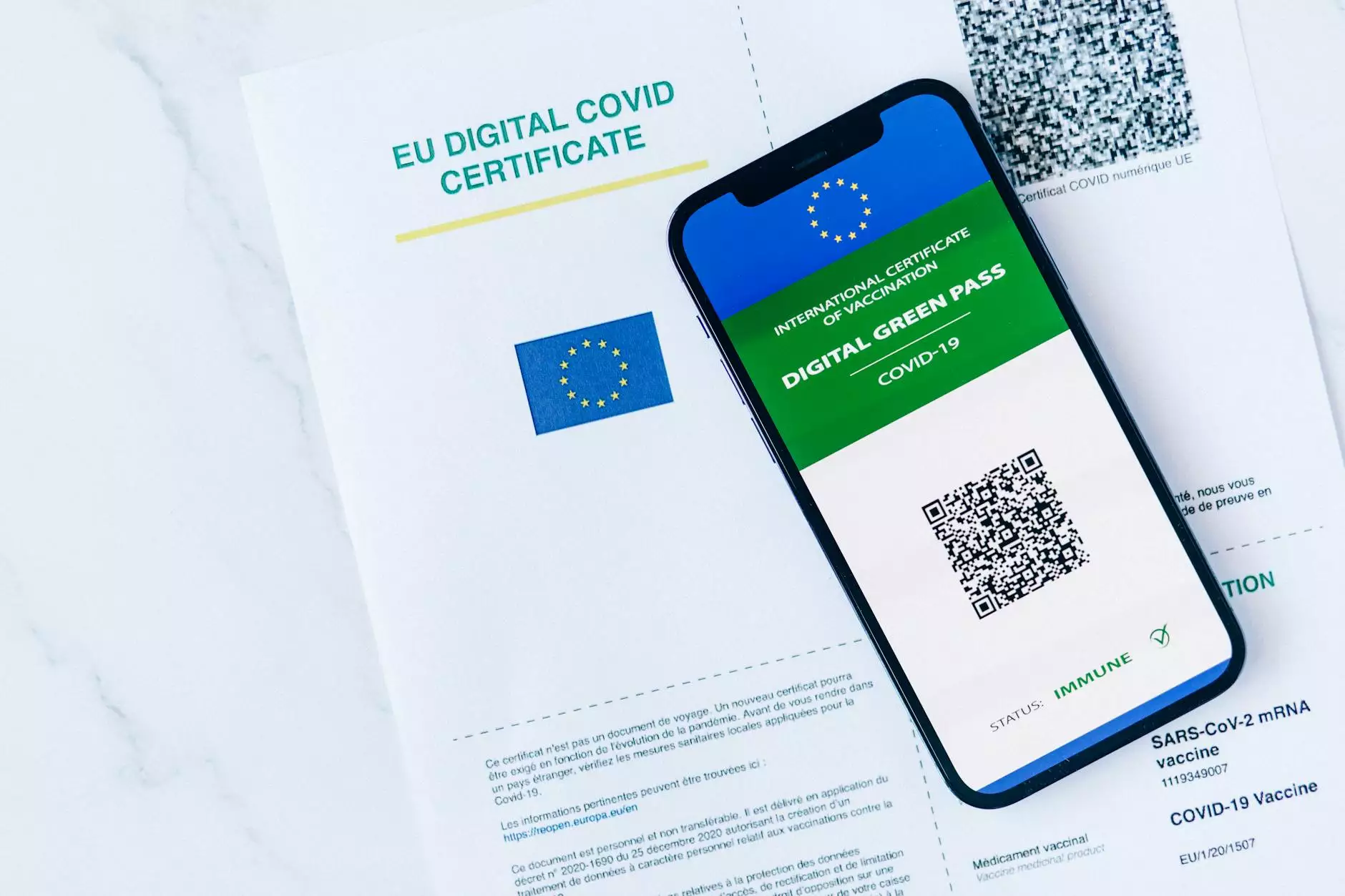5 Ways You Put Your Identity At Risk
Blog
Introduction
Welcome to Life Designers, a leading consulting and coaching firm in the field of personal and business development. In this blog post, we will explore the various ways in which individuals unknowingly put their identity at risk. Identity theft is a growing concern, and understanding its risks is the first step towards protecting yourself and your business.
1. Neglecting Online Privacy Settings
In today's digital age, most of us spend a significant amount of time online. However, many individuals fail to optimize their online privacy settings, leaving their personal information vulnerable to exploitation. By neglecting the privacy settings on social media platforms, online banking accounts, and other online platforms, you inadvertently provide cybercriminals with access to your sensitive information.
2. Weak Passwords
Using weak passwords is like leaving your door wide open for intruders. Cybercriminals are constantly on the lookout for easy targets, and weak passwords are an open invitation for them to access your accounts. It is essential to create strong, unique passwords for each online account and regularly update them to minimize the risk of unauthorized access.
3. Falling for Phishing Scams
Phishing scams have become increasingly sophisticated, making it easier for cybercriminals to deceive unsuspecting individuals. These scams often involve fraudulent emails, texts, or calls that trick you into sharing sensitive information. It is crucial to remain vigilant and skeptical of unsolicited requests for personal information, such as login credentials or financial details.
4. Public Wi-Fi Networks
Public Wi-Fi networks are convenient but pose significant security risks. These networks are often unsecured, making it easier for hackers to intercept your data. Avoid accessing sensitive information, such as online banking or personal emails, while connected to public Wi-Fi. If you must use public Wi-Fi, consider using a virtual private network (VPN) to encrypt your data and protect your identity.
5. Sharing Personal Information
In today's interconnected world, sharing personal information has become the norm. However, oversharing can put your identity at risk. Be cautious about the information you share online, such as your address, phone number, or even your daily activities. Limiting the exposure of your personal information reduces the likelihood of becoming a target for identity theft.
Conclusion
Protecting your identity requires proactive measures and a keen understanding of the risks involved. By addressing the five ways mentioned above, you can significantly reduce the chances of falling victim to identity theft. At Life Designers, we specialize in providing consulting and coaching services to individuals and businesses, helping them navigate the complexities of personal and professional development.
Contact Life Designers for Expert Consulting and Coaching Services
If you are seeking guidance in areas such as personal growth, career development, or business expansion, Life Designers is here to help. We offer tailor-made solutions to meet your unique needs. Contact us today for a consultation and take the first step towards designing the life and career you deserve.









